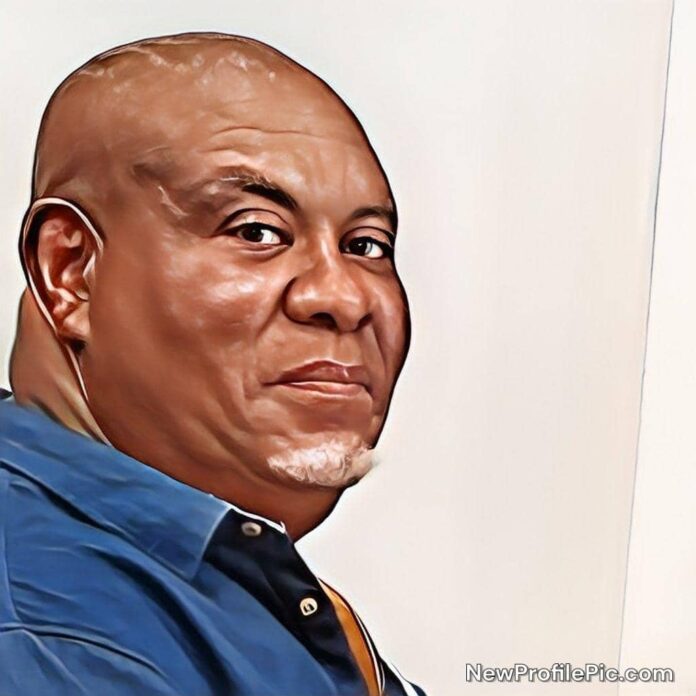In today’s world, it’s not uncommon to hear beautiful, heartwarming stories about loved ones only after they are gone. At funerals, we listen to moving tributes and think, “What a life well-lived.” But wouldn’t it be better if we shared these sentiments while people are still alive—so they could understand the profound impact they’ve had on us?
As a staff member with nearly three decades at the Ghana International Press Centre (GiPC), the headquarters of the Ghana Journalists Association (GJA), I’ve seen the highs and lows of the media industry. My journey since 1997 has been filled with invaluable experiences, moments that shaped me not only as a professional but also as an individual. One of the most significant relationships I’ve had during this time is with a man who came to be more than just a ‘Boss’—he became my mentor, my friend, my confidante and a second father.
The GJA has long been at the forefront of playing the watchdog as enshrined in the 1992 Constitution of Ghana and supporting Ghanaian media, especially during election periods. I look back with nostalgia at the regional seminars and workshops on electoral reporting, and how the GiPC served as an election resource centre for both local and international journalists. It was a pivotal moment in our country’s history, and it cemented my belief that one person’s efforts can indeed make a significant difference in a larger process.
For me, that person was “my boss,” as how I’ve saved his contact on my phone. He’s strict, no-nonsense, yet affable and jovial—a joy to be around. In many ways, he reminded me of my late father. Our paths first crossed in 1996 when he arrived in a blue GJA van, smiled warmly, and said, “Young man, how are you?” We struck up a conversation, and he told me to stop by the office if I ever needed anything. When I told my mother about the encounter, she said with a smile, “That’s Mr Bright Blewu the General Secretary of the GJA—such a kind man.”


